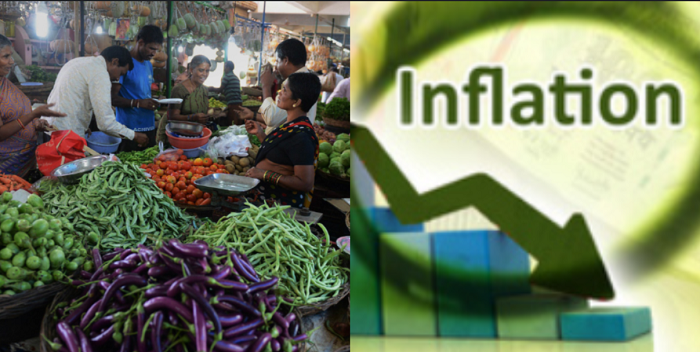Nation witnesses fall in the inflation rate settling at 4.64% than 5.28% in last month
Total Views |

New Delhi, December 14: The annual rate of inflation, based on monthly Wholesale Price Index, stood at 4.64% for the month of November, 2018 as compared to 5.28% for the previous month. It was 4.02% during the corresponding month of the previous year. According to the government data released today, food articles witnessed softening of prices with deflation at 3.31 per cent in November, against 1.49 per cent in October.
“The index for food articles group rose by 0.2 percent to 146.1 from 145.8 for the previous month due to higher price of peas/chawali , jowar , bajra , urad , egg , arhar, gram and betel leaves , moong and poultry chicken, tea, barley, maize, fish-inland and fish-marine and pork, beef & buffalo meat, wheat and rajma. However, the price of mutton and fruits & vegetables and ragi declined.”, reported the statement.
Meanwhile, the index for the non food articles rose by 1 percent measuring to 123.4, when compared to previous month. And that the index for minerals witnessed expansion by 0.8 percent measuring to 130.4. The reason for this estimated by the authority constitutes higher price of sillimanite, iron ore, chromite, garnet and lead concentrate. However, the price of limestone and manganese ore declined.
Inflation in the 'fuel and power' sector in the month of November continued to be at height measuring 16.28 per cent, but was lower than 18.44 per cent in October. This was on account of lowering of prices of petrol and diesel.
The central bank mainly takes into account retail inflation data while formulating monetary policy. It lowered retail inflation projection to 2.7-3.2 per cent for the second half of the current fiscal, citing normal monsoon and moderate food prices. In its fifth monetary policy review for the fiscal, released last week, the Reserve Bank kept interest rates unchanged, but held out a promise to cut them if the upside risks to inflation do not materialise.
Inflation is a quantitative measure of the rate at which the average price level of a basket of selected goods and services in an economy increases over a period of time. Often expressed as a percentage, inflation indicates a decrease in the purchasing power of a nation’s currency. As prices rise, they start to impact the general cost of living for the common public and the appropriate monetary authority of the country, like the central bank, then takes the necessary measures to keep inflation within permissible limits and keep the economy running smoothly.
Inflation is measured in a variety of ways depending upon the types of goods and services considered, and is the opposite of deflation which indicates a general decline occurring in prices for goods and services when the inflation rate falls below 0 percent.